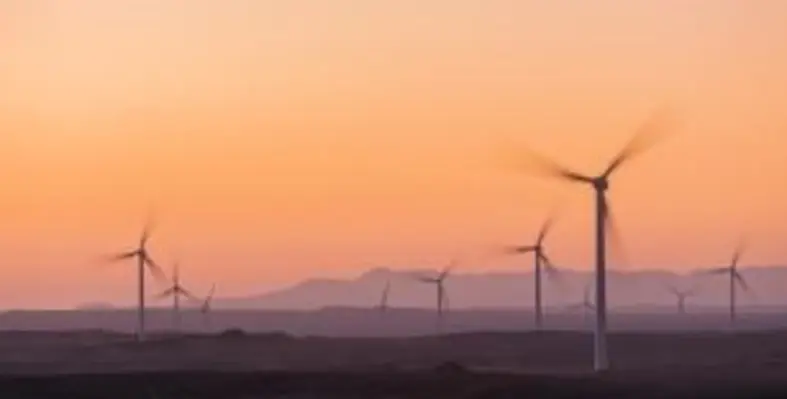Spanish-headquartered Siemens Gamesa has signed a contract to build the first renewable energy installation in Djibouti
The project is Siemens Gamesa’s first in Africa with the leadership and participation of an African investor. A consortium of four entities is leading the development. These include” Africa Finance Corporation, the Dutch development bank FMO, Climate Investor One (Dutch investment funds in green energy in Africa, Asia and Latin America) and local company Great Horn Investment Holdings SAS. The project is covered by MIGA, the World Bank’s Multilateral Investment Guarantee Agency.
The 59MW wind farm in Djibouti aims to almost double the current installed power generation capacity. The project will help reduce the cost of electricity, increase energy independence and decrease the country’s CO2 emissions.
The 17 SG 3.4-132 wind turbines will be installed near the Goubet cove in the Gulf of Tadjoura, on a 395-ha site in Djibouti. The wind farm electricity interconnection solution, the civil works and ten kilometres of internal road and tracks will be built as part of the project.
Siemens Gamesa will provide maintenance to the wind farm, which is scheduled to be operational in mid-2021, for a minimum of ten years, with the option to renew. The electricity generated will be sold by the consortium to Electricité de Djibouti, the national power generation company, for a period of 25 years.
The installation, part of an expanding national renewable energy development programme, is expected to enable clean energy supply, decrease the cost of electricity and allow the 940,000 population of Djibouti and its major industries to strengthen its electrical independence and economic development.
Access to affordable energy is crucial for sustainable economic growth
Despite high resource potential in Djibouti and opportunities for cross-border export, around 110,000 households in the country lack access to power.
“Industrialisation, agricultural improvement or even the expansion of municipal water systems depend on reliable and cost-effective energy access,” explained Markus Tacke, CEO of Siemens Gamesa.














